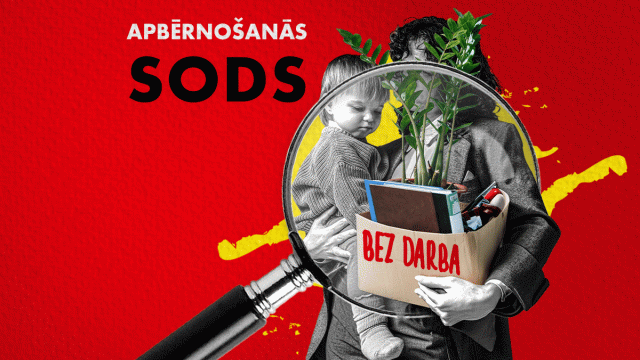The new rules stipulate that the on-screen customer interface at ATMs will have to be provided in Latvian, while additional language options will available only from among the official languages of the Member States of the EU, OECD and candidate countries. ATMs will therefore no longer be in Russian as it meets none of the aforementioned criteria.
Typically ATMs in Latvia and the other Baltic states offer users Latvian (or Estonian or Lithuanian), English and Russian options, with a few providing additional languages.
The changes will enter into force on January 30, 2025 to allow banks time to make the necessary technological and administrative changes.
When and where it is appropriate to use the Russian language in Latvia given both the historical context and the current crimes of the Russian government and military in Ukraine is an ongoing topic for debate. The Latvian language is the only official state language, and the language in which all official business must be conducted. Nevertheless, tourists will frequently hear Russian spoken on the streets of Rīga and in cities such as Daugavpils, it will be heard much more often than the Latvian language.
Speaking on Latvian Radio's 'Krustpunkta' current affairs show September 19, linguist and translator Jānis Vādons emphasized that while the Russian language, like other languages, is capable of beautiful, rich and elegant expression, historically it has been associated with oppression in Latvia and thanks to the current actions of the Putin regime it is once again associated with aggression and oppresion.
Vādons also noted that the debate about the status of Russian in Latvia pre-dates the war in Ukraine by decades.
"When we talk about the... role of the Russian language, its importance or place in Latvian society, the use of languages and so on, there already, in my opinion, one of the main problems is that we have not tackled the problem itself in a very logical way. For example, do we, even those who engage in discussions about these issues, have a clear understanding of why this is a problem in the first place? What does it come from? What determines this problem? What is the nature of this problem?" he suggested.
"If we don't understand the problem – and I strongly suspect that we don't – then it is quite unlikely that we will arrive at effective and good solutions."
"The context of the Russian language in Latvia is extremely specific, and special in many ways. If we look into the past, the Russian language has been the epitome of oppression and oppression. We have had the Russian Empire and the Soviet occupation – Russia has embodied massive, aggressive waves of suppression of the Latvian language and Latvian-ness, realized in Russification at the end of the 19th century and in the last stage of Brezhnev's rule. These are all facts of language.
"Now it has come to pass that the Russian language once again embodies aggression, massive violent acts. Change it as you like, Russian and the Russian language are currently associated with the horrors that are happening [in Ukraine]. It is associated with a Russian-ness that has not understood its past. It goes through the world with an attitude of "We are owed, we are wronged, and we do as we please."
"When we talk about the role and place of the Russian language, it should again be very clear what the problem is and what we want to achieve. Where do we want to end up, what kind of Latvia to create, build and maintain in terms of the language scene? And only then [can we] introduce very clear and firm rules of the game and act accordingly," recommended Vādons.



























